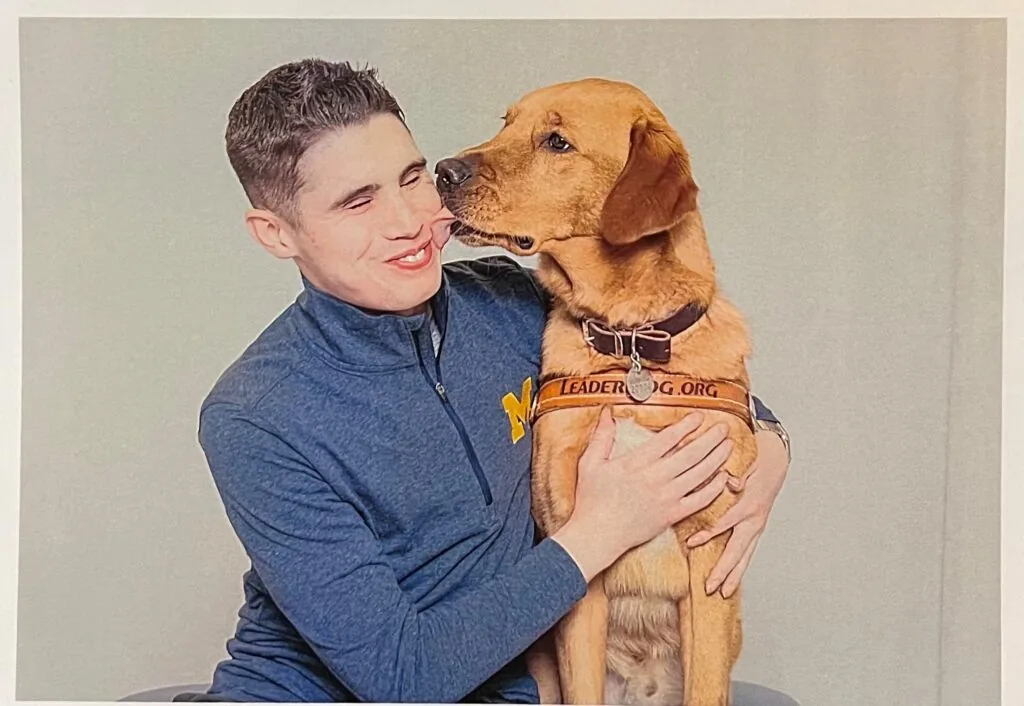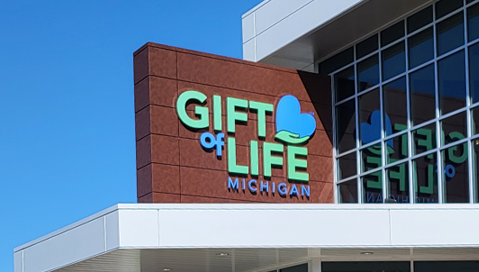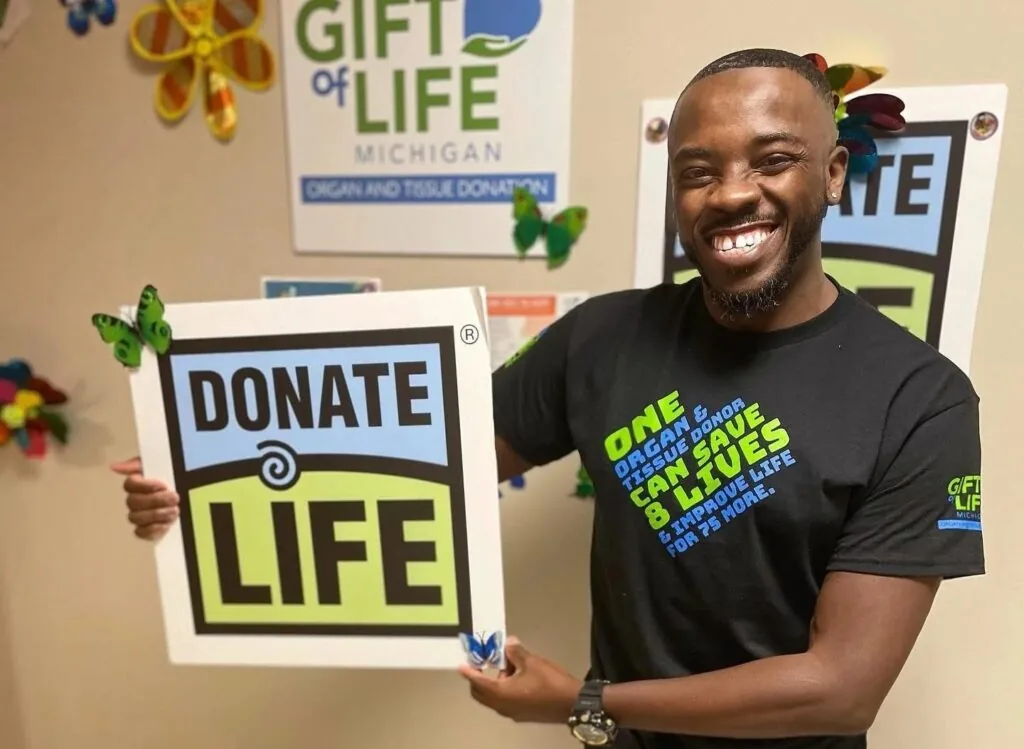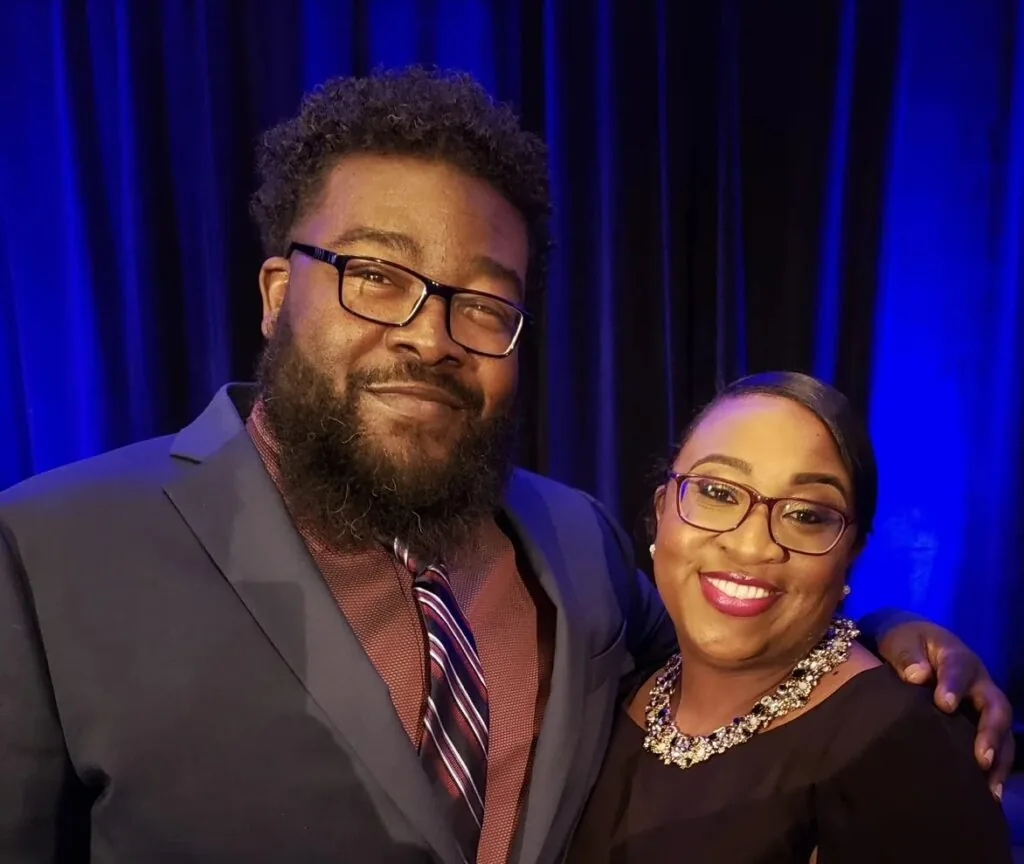There have been changes to Gov. Gretchen Whitmer’s executive orders regarding the Coronavirus, and others have been recently overturned by the courts.
At Gift of Life Michigan, we are maintaining the status quo and will keep following safety protocols in our Ann Arbor headquarters, as well as those in place in the hospitals and transplant centers our staff visits through the course of their duties.
“From day one, we’ve believed the safety, health and wellness of our team and the communities we serve was paramount,” said Dorrie Dils, CEO of Gift of Life Michigan. “We’re still in the midst of a pandemic. It’s important for us, as a healthcare organization and as compassionate people, to do everything we can to protect each other and to help slow the spread of this virus.”
Washtenaw County, like many other counties in Michigan, has picked up the statewide restrictions that were overturned by the courts. Gift of Life will continue to follow those, as well as any other state restrictions designed to keep people safe and prevent the spread of Covid-19.
During the first wave of the pandemic, Gift of Life encouraged all staff able to work remotely to do so. We also implemented new safety procedures, including temperature screening and brief questioning at the main entrance to our building – the only one now open – and reorganized office space to adhere to social distance guidelines. Gift of Life also eliminated in-person meetings and all but essential travel. Masks are required. Strict protocols for staff who test positive for the coronavirus – whether or not they are symptomatic – were implemented, too. Those procedures will tentatively remain in place at least until May.
While critical organ and tissue donation procedures never ceased throughout the first wave of the pandemic, some non-critical cases were postponed out of safety concerns. Hospitals and transplant centers have since started to reschedule those, with additional safety procedures in place. All potential donors are now tested for Covid, as they are for any other medical condition that would put patients at risk.
Dils also encourages staff, transplant recipients and their caregivers to follow social distancing protocols in their daily lives.
“Everyone needs to do their part,” she said. “We are all in this together.”








